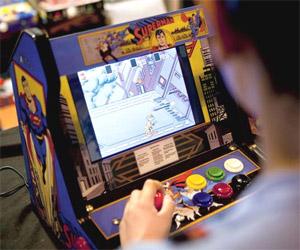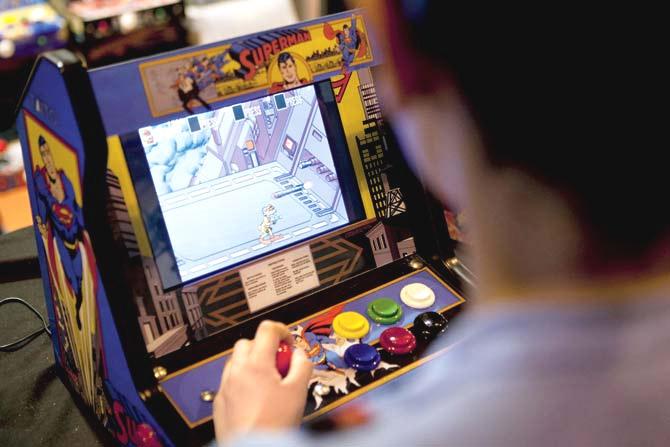Scientists have developed a new audio based system that makes existing racing video games accessible to visually impaired people, allowing them to get the same experience as sighted players


Representation pic
ADVERTISEMENT
Scientists have developed a new audio based system that makes existing racing video games accessible to visually impaired people, allowing them to get the same experience as sighted players. The audio-based interface, which a player can listen to using a standard pair of headphones, can be integrated by developers into almost any racing video game, making a popular genre of games equally accessible to people who are blind.
"The racing auditory display (RAD) is the first system to make it possible for people who are blind to play a 'real' 3D racing game - with full 3D graphics, realistic vehicle physics, complex racetracks, and a standard PlayStation 4 controller," said Brian A Smith, a PhD candidate at Columbia University in the US.
"It's not a dumbed-down version of a racing game tailored specifically to people who are blind," said Smith. While there are a number of games on the market suitable for the blind, many are loaded with competing sources of information that players must sift through, slowing down the fun of playing the game.
Others are versions of popular games so simplified that a blind gamer does nothing more than follow orders. There has been a fundamental tradeoff between preserving a game's full complexity and its pace when making it blind-accessible.
"Our challenge was to give visually impaired players enough information about the game so that they could have the same sense of control and thrill that sighted players have, but not so much information that they would get overwhelmed by audio overload or bogged down in just figuring out how to interpret the sounds," Smith said.
The RAD comprises two novel sonification techniques: a sound slider for understanding a car's speed and trajectory on a racetrack, and a turn indicator system for alerting players about upcoming turns well in advance of the actual turns.
These approaches enable players to understand aspects about the race and perform a wide variety of actions in a way that is not possible in current blind-accessible racing games. The aim was to design an interface that would give players enough relevant information to form a plan of action.
The RAD's sound slider and turn indicator system work together to help players know the car's current speed; align the car with the track's heading; learn the track's layout; profile the direction, sharpness, timing, and length of upcoming turns; cut corners; choose an early or late apex; position the car for optimal turning paths; and know when to brake to complete a turn.
Smith designed the RAD and then built a prototype car racing game in Unity, the most popular game engines in the world, and integrated the RAD into that prototype. He ran two studies with 15 participants he recruited through the Brooklyn-based Helen Keller Services for the Blind and volunteers at Columbia. The players preferred the RAD's interface over that of Mach 1, a popular blind-accessible racing game.
Catch up on all the latest Crime, National, International and Hatke news here. Also download the new mid-day Android and iOS apps to get latest updates
This story has been sourced from a third party syndicated feed, agencies. Mid-day accepts no responsibility or liability for its dependability, trustworthiness, reliability and data of the text. Mid-day management/mid-day.com reserves the sole right to alter, delete or remove (without notice) the content in its absolute discretion for any reason whatsoever
 Subscribe today by clicking the link and stay updated with the latest news!" Click here!
Subscribe today by clicking the link and stay updated with the latest news!" Click here!






